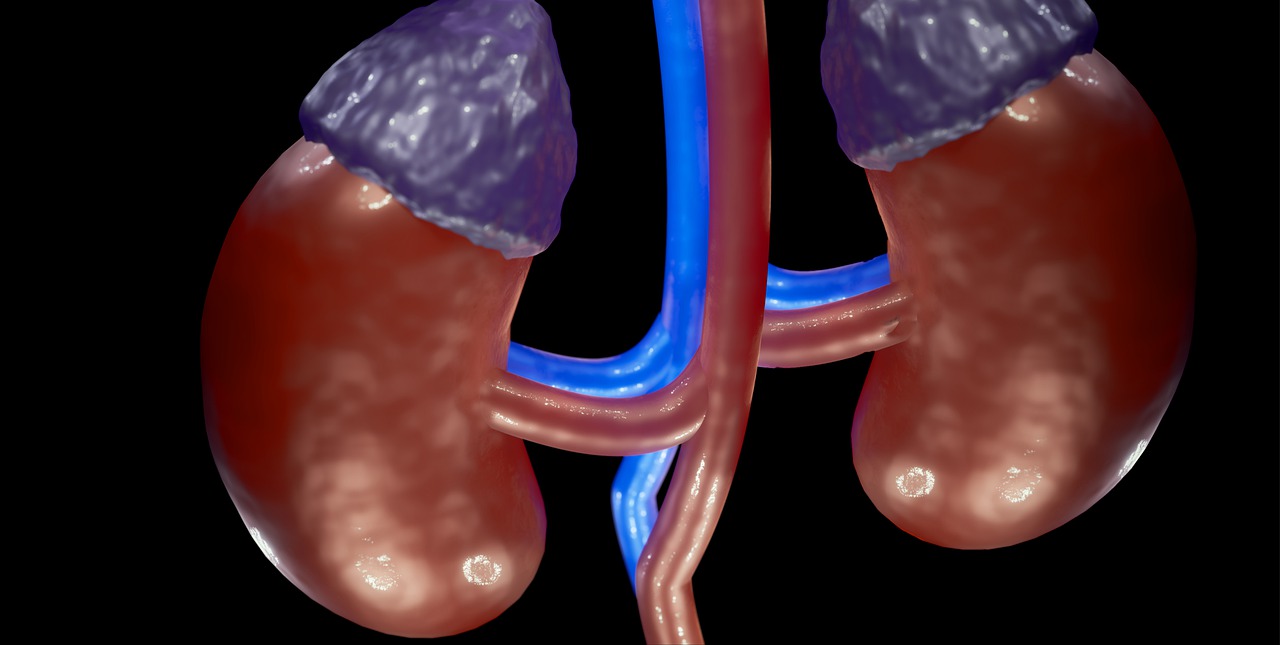Welcome to the informative article all about chronic kidney disease. This condition occurs when your kidneys are no longer able to function properly, leading to a buildup of waste and fluids in your body. It is a serious health concern that requires proper management and treatment. In this article, we will explore the causes, symptoms, and treatment options for chronic kidney disease, as well as provide tips for maintaining kidney health. Let’s dive in and learn more about this important topic together.
What Is Chronic Kidney Disease
Do you know what chronic kidney disease is? In this article, we will explore the ins and outs of this condition, including its causes, symptoms, diagnosis, and treatment options. Whether you have just been diagnosed with chronic kidney disease or are looking to learn more about it, you’ve come to the right place.
Understanding Chronic Kidney Disease
Chronic kidney disease (CKD) is a condition in which your kidneys are damaged and can’t filter blood as well as they should. This can lead to a buildup of waste and fluids in your body, which can cause a variety of health problems. CKD is a long-term condition that can progress over time, potentially leading to kidney failure if not properly managed.
Causes of Chronic Kidney Disease
The most common causes of chronic kidney disease include diabetes and high blood pressure, which can damage the kidneys over time. Other potential causes of CKD include:
- Glomerulonephritis, an inflammation of the kidney’s filtering units
- Polycystic kidney disease, a genetic condition causing fluid-filled cysts to form in the kidneys
- Recurrent kidney infections
- Certain medications, such as nonsteroidal anti-inflammatory drugs (NSAIDs)
Symptoms of Chronic Kidney Disease
In the early stages, chronic kidney disease may not cause any symptoms. As the condition progresses, you may begin to experience symptoms such as:
- Fatigue
- Swelling in your legs, ankles, or feet
- Changes in urination frequency or color
- Nausea and vomiting
- Shortness of breath
- Itching
- Muscle cramps
If you are experiencing any of these symptoms, it’s essential to consult with your healthcare provider for further evaluation.

Diagnosing Chronic Kidney Disease
Diagnosing chronic kidney disease typically involves a series of tests, including blood tests to measure kidney function and urine tests to check for signs of kidney damage. Your healthcare provider may also recommend imaging tests, such as an ultrasound or CT scan, to assess the structure of your kidneys.
Stages of Chronic Kidney Disease
Chronic kidney disease is divided into five stages based on the level of kidney function. These stages help healthcare providers determine the best treatment plan for each individual. The stages of CKD are as follows:
| Stage | Description |
|---|---|
| 1 | Kidney damage with normal or increased GFR |
| 2 | Mild decrease in GFR |
| 3 | Moderate decrease in GFR |
| 4 | Severe decrease in GFR |
| 5 | Kidney failure requiring dialysis or transplant |
Treatment Options for Chronic Kidney Disease
The treatment for chronic kidney disease aims to slow the progression of the condition and manage symptoms. Some common treatment options include:
- Lifestyle changes, such as following a kidney-friendly diet and getting regular exercise
- Medications to control blood pressure and manage other symptoms
- Dialysis, a treatment that helps remove waste from the blood when the kidneys can’t do it adequately
- Kidney transplant, a surgical procedure to replace a failed kidney with a healthy one from a donor
It’s essential to work closely with your healthcare team to determine the best treatment plan for your specific situation.
Managing Chronic Kidney Disease
Managing chronic kidney disease involves a multidisciplinary approach that may include:
- Regular visits to your healthcare provider to monitor kidney function and overall health
- Following a kidney-friendly diet low in sodium, phosphorus, and potassium
- Keeping blood pressure under control
- Avoiding tobacco and excessive alcohol consumption
- Staying physically active and maintaining a healthy weight
By taking an active role in managing your chronic kidney disease, you can help slow its progression and improve your quality of life.
Complications of Chronic Kidney Disease
If left untreated, chronic kidney disease can lead to various complications, including:
- High blood pressure
- Anemia
- Bone disease
- Cardiovascular disease
- Fluid overload
- Electrolyte imbalances
It’s essential to work with your healthcare provider to manage these complications effectively and prevent further damage to your kidneys.
Prevention of Chronic Kidney Disease
While some causes of chronic kidney disease, such as genetics, cannot be prevented, there are steps you can take to reduce your risk of developing the condition. These include:
- Managing underlying conditions like diabetes and high blood pressure
- Maintaining a healthy lifestyle, including a balanced diet and regular exercise
- Avoiding smoking and excessive alcohol consumption
- Monitoring your kidney function regularly if you are at risk for CKD
By taking these preventive measures, you can reduce your risk of developing chronic kidney disease and improve your overall health and well-being.
Conclusion
Chronic kidney disease is a serious condition that can have significant implications for your health and quality of life. By understanding the causes, symptoms, diagnosis, and treatment options for CKD, you can take proactive steps to manage the condition effectively and prevent further damage to your kidneys. Remember to work closely with your healthcare provider to develop a personalized treatment plan that meets your individual needs. Take charge of your kidney health today and make positive changes to improve your overall well-being.
